
October 13, 2023
Israel’s Outside-the-Box Options
A war in Gaza right now is a war on Hamas's timeline and initiative. Israel should consider seizing the initiative by making unpredictable moves elsewhere first.
No one needs to lecture the Israel Defense Forces on the difficulties a large-scale ground incursion into Gaza will entail. As the IDF knows all too well from a number of major operations over the years, including 2008–9’s Cast Lead and 2014’s Protective Edge, ground efforts in urban terrain are costly for attackers even when the offensive force is larger, better trained, better equipped, and better supported than the defenders. For small units and individual troops, the regular alternation between contact with the enemy at greater distances (down long straight streets, for example) and at very close distances (around the corner, or waiting in the next room) is disorienting and imposes extreme psychological and physical demands. The complexity and three-dimensional nature of the often-mined terrain itself is also demanding—a problem that pulverizing enemy strong points can address but not entirely solve. Even when the attacker can isolate the overall target area, as the IDF will be able to do for Gaza, the going can be slow and difficult.
Further complications apply in this case. Hamas and its partners have had, in military terms, an infinity of time to prepare for the attack that is likely to come. Even if the attacks on 10/7 involved some level of miscalculation and their perpetrators are about to be victims of their own success, Hamas will have anticipated that a major ground incursion was a possible, even likely response, and will be ready. The underground dimension of the fight will be significant, not least due to the presence of an estimated 150 hostages, each one of whom is loved by a family that reasonably prioritizes his or her survival above all else.
There is also the presence of Gazans to consider. More than two million people live in the Gaza Strip, and only a portion of them will pick up a rifle or plant an explosive or act as a spotter. The remainder’s (relative) safety would require a government in Gaza that works to remove them from the line of fire, but Hamas will do the opposite. The absolute savagery of Hamas’s initial attack has hardened public opinion in Israel and, in terms of international pressure, will give Israel more leeway than it is accustomed to. But eventually the international clock will run out, and the U.S. and other nations will start trying to compel Jerusalem to bring its operations to an end. Depending on the extent of Israel’s objectives in Gaza, the clock may run out before those objectives are fully achieved.
Responses to October ’s Essay

October 2023
Hamas’s Messianic Violence
By Hussein Aboubakr Mansour
October 2023
The Whole Middle East Is Counting on Israel to Destroy Hamas
By Evelyn Gordon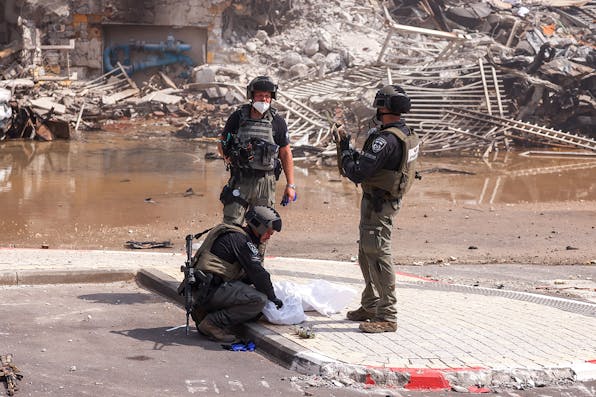
October 2023
“OK, So I’ll Tell You What Happened This Saturday from My Perspective.”
By Namer
October 2023
Israel’s Outside-the-Box Options
By Aaron MacLean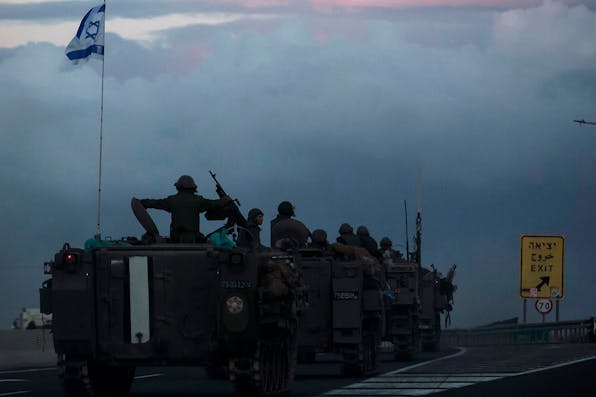
October 2023
The Cost of Strong American Support at the Start of the War
By Jonathan Schachter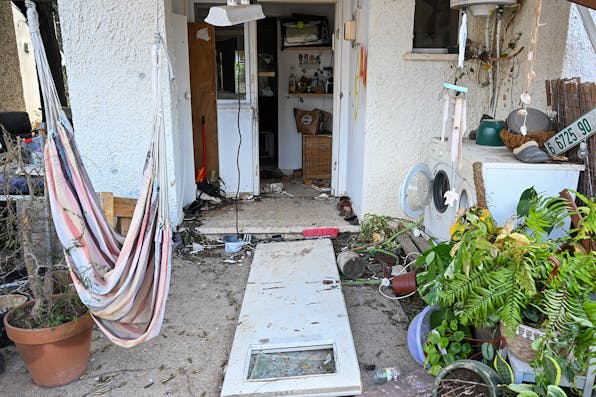
October 2023
The Death of Evidence-Based Two-Statism
By Rafi DeMogge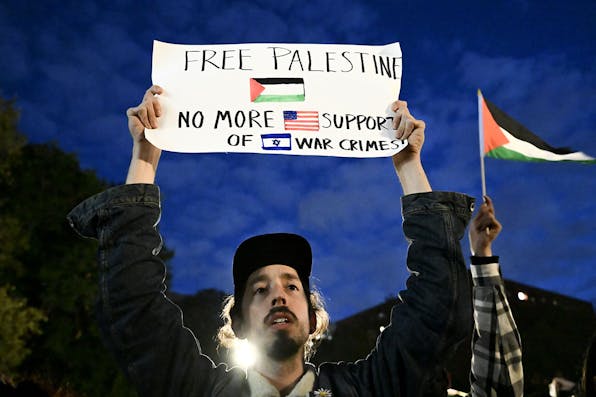
October 2023
Israel’s Existential Struggle Is Also the West’s
By Arthur Herman
October 2023
“Now We Act as If Everyone We Encounter Might Be Grieving”
By Sarah Rindner
October 2023
America Can No Longer Wait to Put Its Own House in Order
By Stephen Peter Rosen
October 2023
The Social-Media War
By Arieh Kovler
October 2023
The Extremist’s Gambit Helps Explain Why Hamas Attacked Now
By Tanner Greer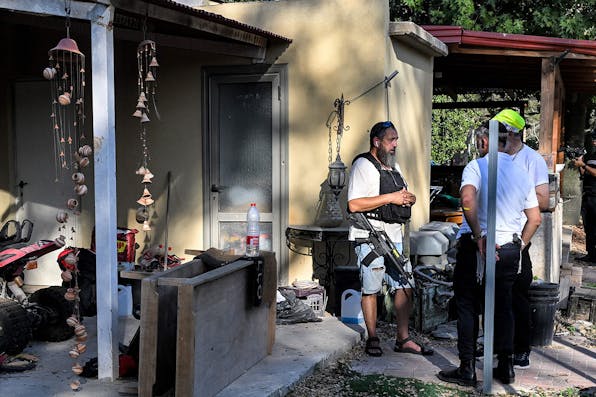
October 2023
Left, Right, Haredi: Three Great Awakenings of the Gaza War
By Yehoshua Pfeffer
October 2023
“Today the Jews. Tomorrow You.”
By Andrew Doran